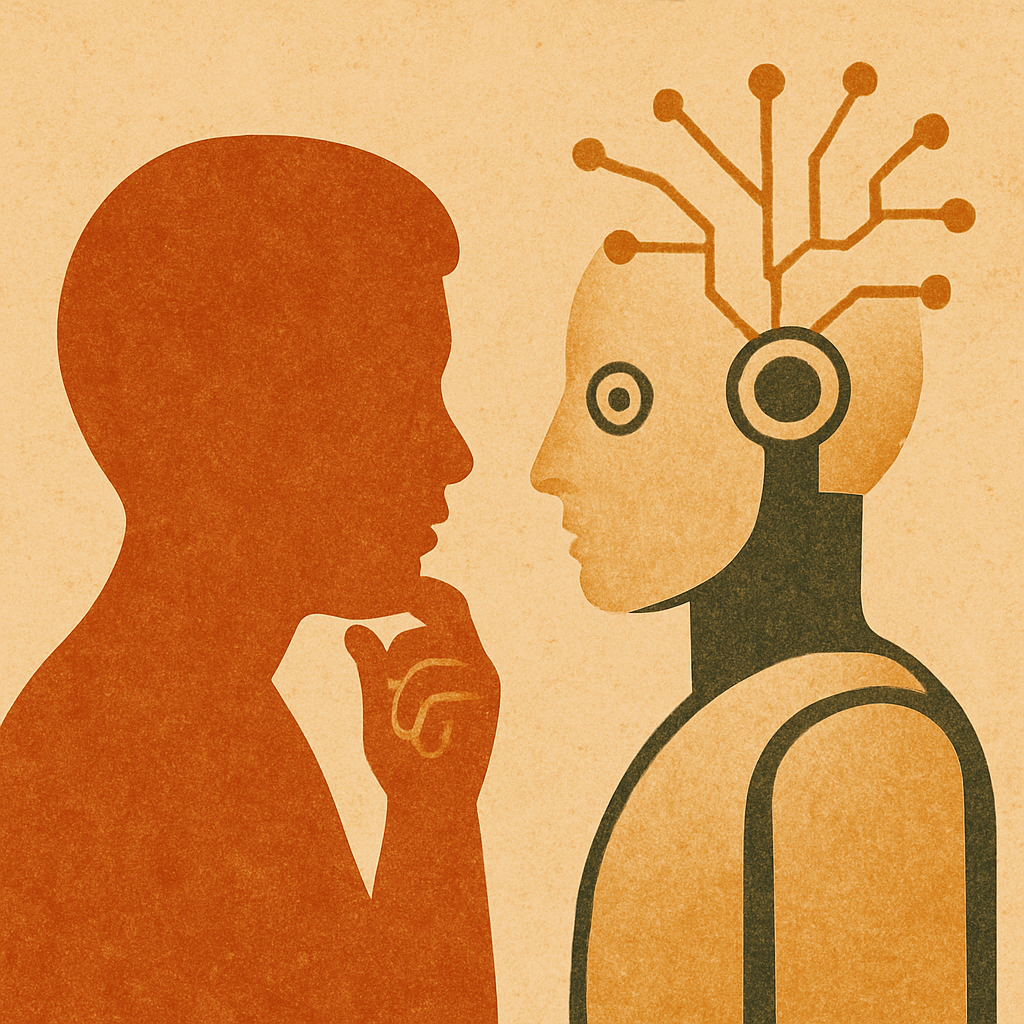
Diana Law, Tai Samaeli
At the Being Curious About AI workshop, educators explored how AI tools can support everyday tasks and enhance learner experiences. Designed as an accessible and fun introduction, the one-hour, face-to-face session focused on experimenting, reflecting, and learning together.
The emphasis was on practical application—how AI might help with tasks like writing feedback, creating a flyer, or drafting a course description. Participants tried free tools like ChatGPT and Canva AI, considering what might be useful in their own contexts. The goal wasn’t expertise, but curiosity, confidence, and creative thinking about easing workloads or trying new approaches.
A highlight was the AI Speed Challenge. Participants drew cards with real ACE tasks and worked in teams to produce content using AI in just five minutes. From session outlines to promotional blurbs, the results sparked laughter, insight, and genuine excitement.
While much of the session explored AI’s possibilities, it also prompted critical thinking about its limits. A powerful concern raised was the invisibility of ancestral and experiential knowledge in AI tools. If that wisdom isn’t in the data, can AI truly serve our communities? And if people don’t realise what’s missing, whose voices are excluded? These questions grounded the kōrero in ACE values of integrity, care, and cultural responsiveness.
One strong idea was the need to “triangulate” AI-generated answers—check them against ancestral knowledge, trusted people (Auntie Intelligence), and reliable sources. While AI can be fast and helpful, it’s not always accurate, culturally grounded, or context-aware. By layering in lived experience, cultural values, and community insight, decisions are more likely to be ethical, meaningful, and relevant. The message: AI should support, not replace, human judgment and collective knowledge. Triangulation keeps us anchored and intentional.
Participants left with a practical resource, plenty of ideas, and a clear message: AI doesn’t replace the human side of teaching and learning—but used thoughtfully, it can be a powerful support. As one facilitator put it:
“AI takes care of the everyday jobs, giving you more space to connect, support, and build community.”
